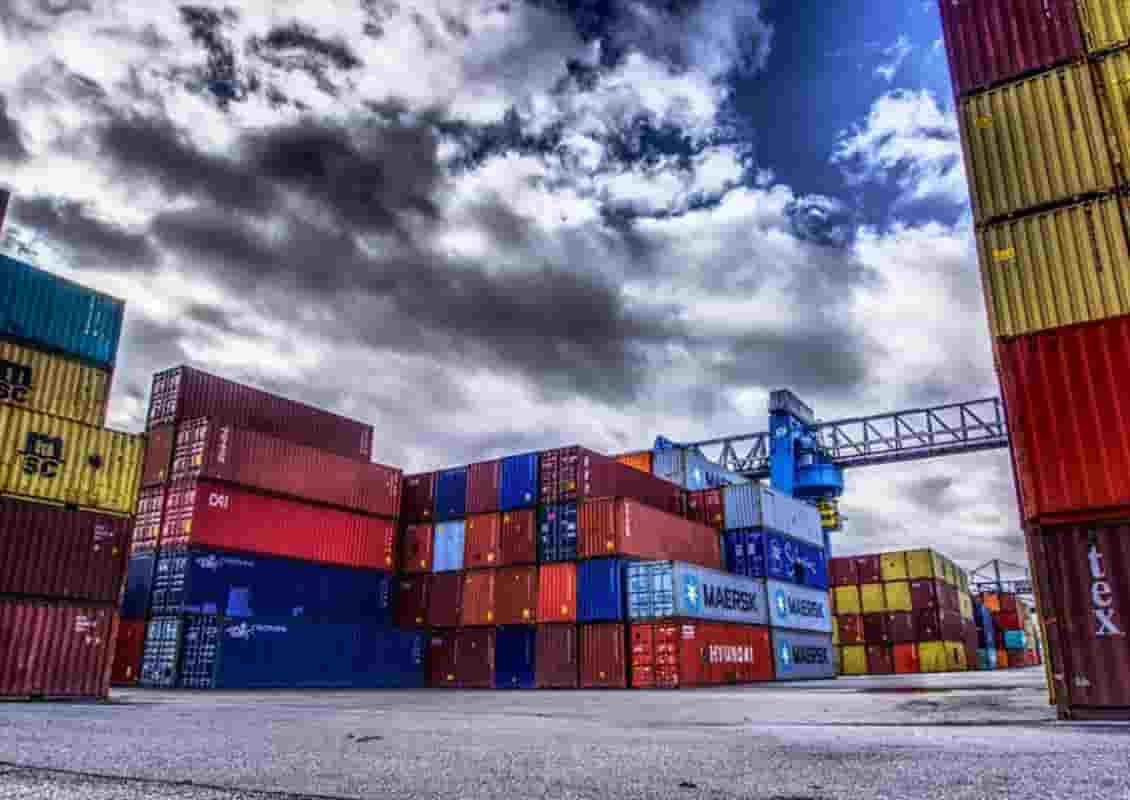Welcome To ChemAnalyst

While the pandemic seriously dented global trade throughout 2020, the grounding of one of the world’s largest container ships in Suez Canal has posed another major threat to the shipping lines now.
On 23rd March, the Japanese Cargo ship Ever Given, operated by a Taiwanese transport firm, ran aground and blocked Egypt's Suez Canal, bringing trade on one of the most trafficked sea routes, to a standstill. The massive 220,000 tonnes and 400 metre-long mega-ship, operated by the Taiwan-based shipping company Evergreen, was destined for the port city of Rotterdam in the Netherlands from China and was passing through the Suez Canal on its way to the Mediterranean.
According to the Suez Canal Authority, on Tuesday, winds with the velocity of 46-mph raged and accompanying sandstorm diminished visibility, making Ever Given to lose control and plough into the eastern bank of Suez Canal.
Reports are stating that the entire 25-member crew boarding the panama-flagged container vessel is safe and there is no news of any injuries or pollution yet. Tugs and dredgers are putting their best to rescue the ship although, given the enormity of the vessel, it seems too bigger a task. Hence, understanding the sensitivity of the situation, a special salvage firm named SMIT salvage has been appointed to dislodge the vessel to clear the route.
Being one of the world's busiest sea routes between the Middle East, Asia and Europe, the route closure will severely disrupt the already hampered global shipping network. As many as 185 ships and vessels are stranded at the canal which forms a critical waterway connection between Atlantic and Pacific.
The blockage is being viewed to adversely affect the trade of energy products such as crude oil, liquified natural gas (LNG), jet fuel, gasoil and several chemical shipments as containers/tankers/bulk carriers line up on either ends of the canal. Other commodities that may face the brunt of congestion include consumer goods such as clothing, furniture, manufacturing, auto parts and fitness equipment.
Around 12-13% of the world trade is mapped through Suez Canal, making it the main source of income for Egypt. The route carries voluminous containers from China, South Korea, Saudi Arabia, Qatar etc. bound for EU. The flow of goods by the sea accounts for nearly 70% of total international trade.
As per ChemAnalyst, the incident has triggered severe loss in the shipping capacity in Asia-Europe routes and may further add to the soaring freight rates. The clearing of the route may take several weeks’ time while supplies may may take longer anticipated to get back to normal. Strained supply and uncertainty over blockage are likely to support the inflationary trend over several chemical commodities.
We use cookies to deliver the best possible experience on our website. To learn more, visit our Privacy Policy. By continuing to use this site or by closing this box, you consent to our use of cookies. More info.
